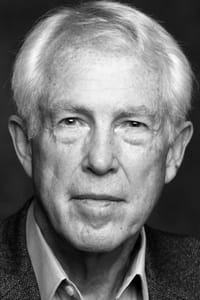The Relationship
Genres
Documentary
OverView
This film explores how Canada wavers between rejection and acceptance of closer ties with the United States, tracing the historical precedents of current issues between the two nations. Canada continues to question her identity despite the influence of a powerful neighbour.
Others
Budget
$--
Revenue
$--
Status
Released
Original Language
English
Runtime
56 mins
Rating
0/10
Release Date
15 September 1988
Country
Canada

